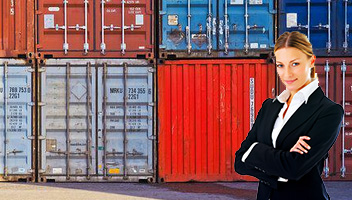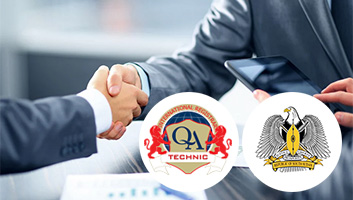Frequently Asked Questions
Frequently Asked Questions
- The objectives are for the protect the health and safety of South Sudanese consumers
- Ensure that regulated products comply with the East African Standards / International Standards or approved standards prior to export to South Sudan
- Provide a level playing field in terms of quality for both regulated and locally manufactured products in order to prevent unfair competition
- Prevent the dumping of substandard goods into the South Sudan market and as a result preventing economic loss to the importer and the nation at large
- Facilitate trade through fast track clearance of goods at the ports
All products, other than exempted, are regulated under the SSNBS PVoC program.
Products exempt from the SSNBS PVoC program are the following:
Goods classified as exempted by the Republic of South Sudan.
For detailed information on the regulatory status of products, please contact us.
Exporters to South Sudan must demonstrate compliance with the program. This applies only to goods subject to the program. The process of conformity assessment must take place in the exporting country. Please refer to the Certification Process section of this website in order to learn how you can demonstrate compliance with the SSNBS PVoC program.
Exporters can contact one of QA Technic offices or apply online. Depending on the country of export, you can find the contact details of the responsible Office under Contact Us.
It will depend on the products being imported into South Sudan. If your product is subject to the PVoC program, you will need to have a PVoCCertificate. Please check product list.
The exporter should contact us with the relevant documentation and relevant information in order to start the process towards obtaining a SSNBS PVoC Certificate. See our Certification Process page for more information.
The CoC «Certificate of Conformity» is mandatory for Customs clearance of the shipment under the import requirements of the Republic of South Sudan.
All regulated products arriving at South Sudan entry points (ports, airports, land borders) without PVoC Certificate will be rejected at the entry point and the Customs release will be refused.
The importer/exporter will then be required to re-export the goods or they will face delays while the goods are sampled and tested against to South Sudan requirements. The exporter/importer will bear all the costs related to this (sampling, testing, delay at the border point).
Meaning of CBCA is the Consignment Base of Conformity Assessment is the program defined by IFIA.
Mainly confirm products with the Technical Document per each Products / Visual Inspection & Trade Document verification of each shipment by QA Technic Experts. After confirmation, specific certificate “Certificate of Conformity” will be issued by QA Technic Authorized Staff.
Safety standards for products are implementing in many countries in order to protect the population from unsafe products.
Verification prior to shipment / after manufacturing ensures that products which are not comply with the required standards will not be certified. That means exporters & importers will not have additional costs to continue trade.
Exporter has to pay certification fee as the Exporter is the end seller to Importer in destination country.
Exporter has the responsibility to ensure that the products they sell meet required safety standards of destination country. A responsible manufacturer will have quality and compliance controls already in their production plants. The manufacturer should be able to demonstrate that their products have to comply with standards requirements.
If your products are comply with the destination country requirements, and you provide the appropriate supporting documents,
physical verification will take place when you are ready to pack the goods for shipment.
CoC is the certificate reflect that your products are comply with the requirements of destination country.
So Safe for human in the country. CoC is also mandatory document for custom during importation process. If there is no CoC, importation will not be completed.
When non conformities are detected QA Technic checks with the exporter if the appropriate correction can be made.
Then we validate the correction before continuing the process for certificate issuance.
If correction is not made, a non-conformity report is issued and goods clearance will not be possible.
WHAT WE DO
Register your company to QAGateway
QA Technic offers Testing, Inspection and Certification (TIC) services including Trade Facilitation Services to Government Authorities

Request a Proposal
Whenever you require inspection services around the world, please contact us
VIEW MORE


